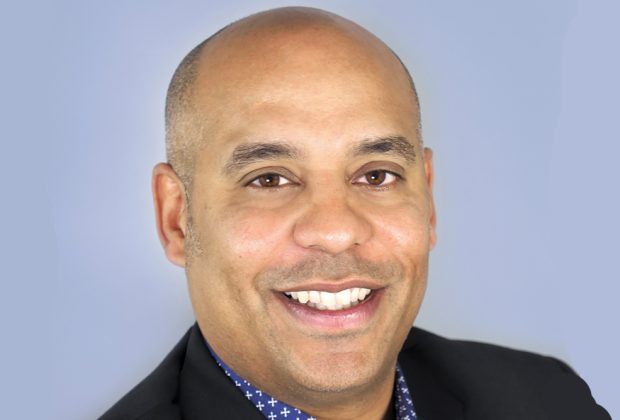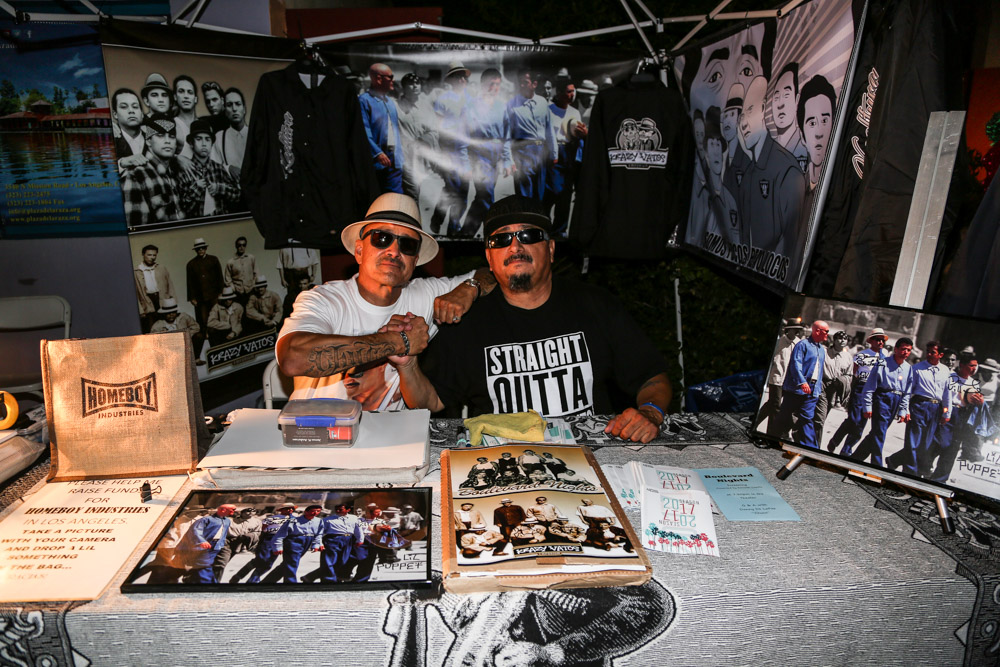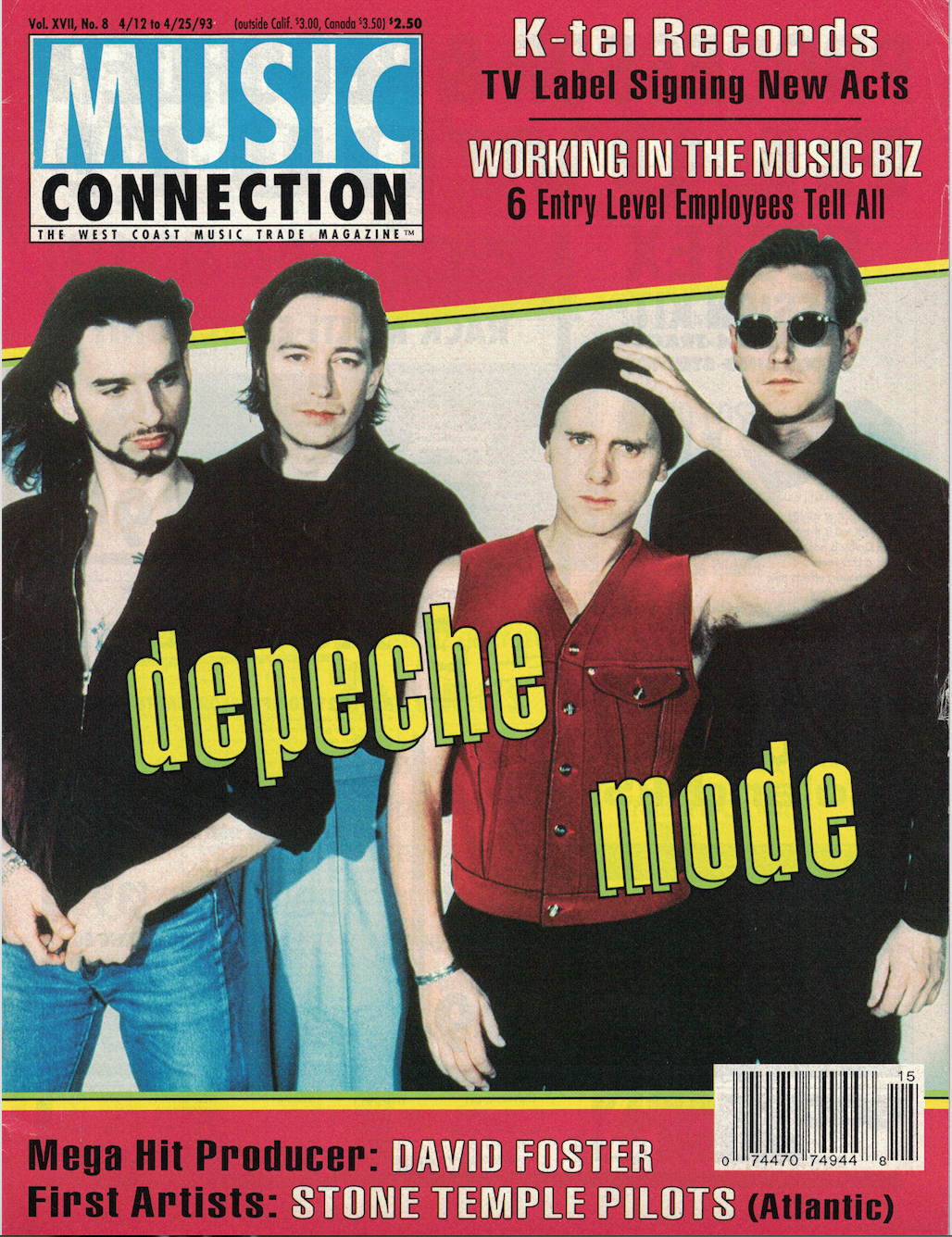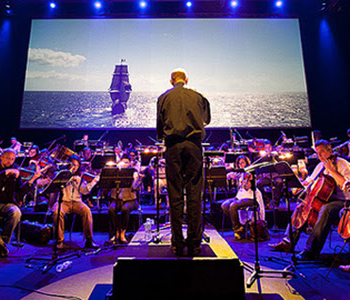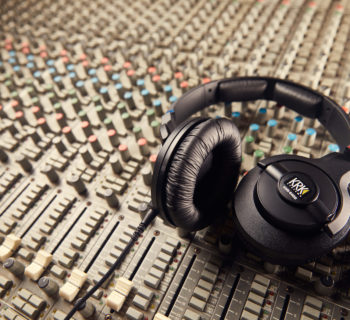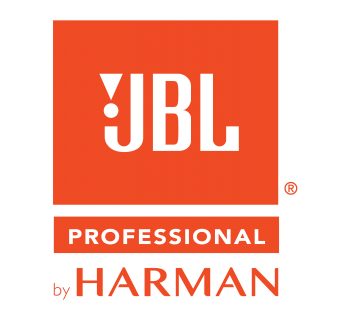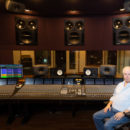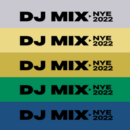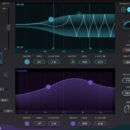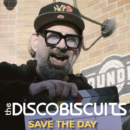President / Executive Officer
American Federation of Musicians
BACKGROUND
John Acosta came to L.A. as a guitarist, then began producing, engineering and running a studio, eventually landing a job with AFM. As president of Los Angeles’ district 47, he holds a key position within the labor rights organization.
Becoming Immortal
I got a record deal at 17. I had a manager by the name of Amanda Scheer [Demme] who was managing Cypress Hill and House of Pain. The stuff I was doing was more rock than hip-hop, so I ended up clashing with the label. From that deal with RCA, she and I started Immortal Records.
In House
I became friends with Carl Stephenson, who was producing Beck. We were doing demos and Beck’s stuff took off. Because Beck blew up, there was a bidding war for Carl’s stuff. I was part of Carl’s band, Forest for the Trees. Since my label deal blew up, I said I’ll just work with Carl. That [project] was on Geffen and DreamWorks. Those were signatory labels to AFM’s contracts, so I started getting bills from the union. I was like, what the hell is this?
I started doing more production and ended up engineering and recording here at the union. They offered me a job in the early 2000’s to engineer and produce for them. From there, I got into representing union members in recordings and symphonies.
Presidential Responsibilities
I was a staff member for five or six years when someone said I should run for office. I got elected to my first position in 2008. I ran for president in 2014 and I’ve been president since 2015. As president, I run all our membership and board meetings. I’m also the lead negotiator on all our contracts. I sit at the bargaining table with the employers, negotiate and ultimately sign the agreements. I kind of lead the union and create a vision, work with members to see where they’re at and bring everybody together.
Relating, Guiding and Uniting
Being a musician is key, because you want to relate to the people you’re representing. Because we’re a union, we’re a democratic organization, so members vote on policy. Every week, our board meets and if the board says we’re going in this direction then that’s the direction we need to go. And sometimes you need to steer them in a direction that isn’t off a cliff. Most of our presidents are musicians who are retiring. They come into a leadership role because their career is over. I got in at the beginning of my career. Because I’m younger, I’m very sympathetic to the unemployed indie player who’s not working in a union situation.
Ultimate Tool Box
Anyone who’s serious about a career in the industry should become a member. Being in the union makes sense, because we’re another tool. There are a lot of things I could’ve negotiated better if I had come from a position of having the knowledge of what union scale is. There are union contracts that provide protection, so if you use our demo agreement and [your work] goes into a major label, movie or TV show, you don’t have to hire a lawyer to get paid. The union will enforce those agreements for you.
We have high-end rehearsal facilities, which are super low-cost. We have a credit union where you can get loans for instruments or studio equipment.
Not Just Instrumentalists
Nowadays, we allow vocalists to join the union. For purposes of recording, they’re usually represented by SAG-AFTRA, but for live performances we represent and cover singers.Engineers join, because when engineers are editing and assembling music they’re manipulating tracks to create an arrangement. A lot of producers join the union, because if you’re producing a track and you’re also playing on it you want to make sure you get residuals and other revenue streams from that. So it’s not just the clarinetist or guitar player.
Union Gigs
We have a referral service, GigJunction.com. It’s an extra thing we offer at no cost. We often get calls looking for bands for corporate events. We get calls looking for musicians because some tour is happening. Sometimes, we’ll get requests from production companies looking for sideline musicians––a musician who’s going to be on camera miming their instrument.
Life of Learning
We started running computer software classes free to members. There’s a program called Finale, which is used for notation. We did a Finale 101; it was an eight-week course. Members would pay over $1,000 for these classes if they went to UCLA or USC. We’re starting an Orchestration program with a professor out of UCLA, also free to members. In the future, we’d like to offer a whole suite of educational programs.
Added Value
A lot of members join and don’t work union gigs so they’re thinking, why should I stay? But if you have these other added-value services they’ll stay. We’re looking at initiating a showcase for members and music contractors. We’re in the process of moving to Burbank; we have a new facility we’re building out. We’ll have about seven rehearsal rooms, all state-of-the-art. We’re looking at having events for members to do mixers. Those are the kinds of things we’re looking at.
Artists Should Get Paid
Musicians should be paid to play. How do we find a way for clubs to understand the value of music and come up with a rate that will be reasonable so musicians aren’t out of pocket when they perform? We understand musicians need exposure, but it’s gotten to the point where it’s exploitation. We want to elevate the live performance scene. That’s a long-term goal for us.
Fair Play Fair Pay Act
The U.S. is one of the few countries that doesn’t provide performance rights to musicians. If [Fair Play Fair Pay] were to pass, every musician on the radio, not only songwriters, will get royalties on those performances.
Despite some of the challenges we’re having with the Trump administration, he has a lot of content so he has a personal interest in seeing intellectual property owners benefit from the way things are broadcast. We think he may be a sympathetic ear on this issue.
Changing the Narrative
The word “union” has negative connotations, so we’re working around that and saying: we’re a worker’s association. A lot has to do with messaging. We recently rebranded our logo. Our old logo was this seal from the 1920’s; now, we have a cool, hip logo. Our staff is coming out of college and has new ideas. We’re letting them help lead the union. Let’s let them tell us what we need to be doing, because if we’re not bringing in new members then we’re going to die.
Strength In Numbers
There’s no sense of unity among musicians; we undermine each other. If my band can undercut yours by 10% to get the gig, we’ll do that. Musicians should start banding together. We should all agree that we’re better off if we can stand up for the profession of making music. We are our own worst enemy, because we love it and will do it for free. But we’ve also got to keep in mind that we have to maintain some level of compensation.
Info:
Years with Company: 14
Address: 817 Vine St., Hollywood, CA 90038
Phone: 323-462-2161
FAX: NA
Web: afm.org, afm47.org
Email: [email protected]
Clients: 80,000 musicians.

